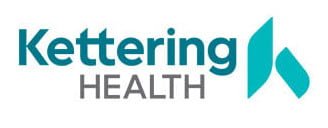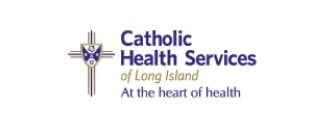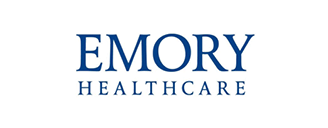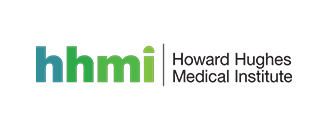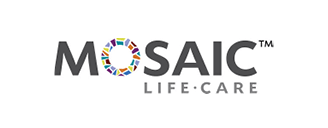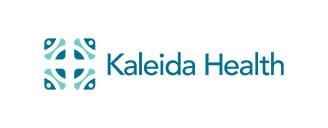In the complex web of healthcare delivery, the intersection of supply chains and clinical staff plays a pivotal role.
The ties between these two areas were accentuated by the COVID-19 pandemic and continue to be of the utmost importance.
Integrating physicians into supply chain management can be a transformative step toward the effective functioning of healthcare systems, but it’s easier said than done.
Here’s what to know about developing a clinically integrated supply chain.
Physicians as crucial supply chain allies
In the shift towards value-based care, collaboration with clinicians on procurement and supply chain topics is integral to healthcare systems. Physicians now play a pivotal role in managing scarce supplies and effectively communicating these changes to clinical staff.
The greatest outcomes emerge when healthcare clinical staff and supply chain leaders unite to determine what best supports patient health. Access to data is the special sauce empowering physicians to enhance the quality of care delivery.
However, health systems often face challenges in engaging clinicians in these processes. These hurdles include limited access to centralized databases, issues with data sets, and a disconnect in clinically meaningful terminology in procurement and supply data.
Three initiatives to support broader clinical supply chain integration
1. Better data integration
Involving those directly delivering patient care in decision-making processes ensures that the choices made align with the practical realities of healthcare delivery.
2. Clear communication of benefits to clinicians
Clearly expressing the benefits of supply chain integration to clinicians is crucial; emphasizing its positive impact on patient care and the streamlining of workflows promotes collaboration.
3. Decisions made in collaboration with those delivering patient care
Involving those directly delivering patient care in decision-making processes ensures that the choices made align with the practical realities of healthcare delivery.
Moving the needle with VPL
Giving healthcare supply chains their proper due within an organization requires a holistic effort, and it’s something that can be supported with the help of technology vendors like us.

VPL unlocks actionable insights to help supply chain teams communicate with clinicians to reduce disruption risks and improve efficiency. For example, our data analytics platform (shown above), presents a comprehensive overview on total order times that can inform decision making when fulfilling orders.
In response to specific inquiries from our customers, we introduced detailed insights into supplier lead times, differentiating performance metrics by supplier and supplier location. This granularity enables organizations to discern high-performing locations and make informed decisions accordingly.
This actionable data serves several key purposes:
- Enables effective communication with clinicians by providing an average estimate of order fulfillment times.
- Offers trend analysis to guide decisions on whether to explore alternative suppliers in the case of underperformance, thereby fostering a more reliable supply chain.
- Facilitates optimal inventory par level planning, positively impacting clinical operations by enhancing overall planning and resource allocation.
To learn more about how VPL can help your health system with clinical supply chain integration, schedule a demo today.
About VPL
We modernize clinical supply chains to support healthier patients. Our technology-driven solutions and consultative customer experience empower health systems and outpatient pharmacies to build smarter, more resilient supply chains. With over 700 hospitals and a 97% customer retention rate, we’re trusted to deliver transparency, cost savings, and peace of mind.
